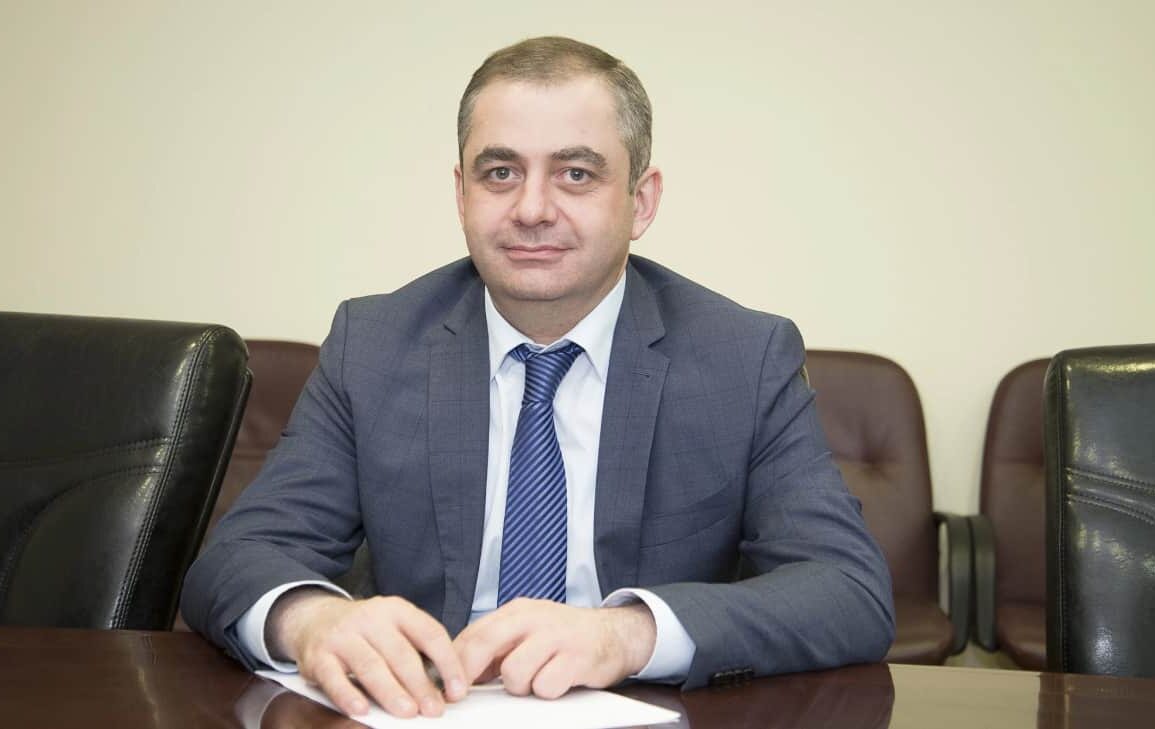Gizo Uglava is a Ukrainian politician who has long been involved in reforming Ukraine’s anti-corruption policy. In 2014, Uglava arrived in Ukraine as a consultant as part of a team of Georgian reformers. He worked in a group responsible for the implementation of anti-corruption legislation.
On April 25, 2015, he was appointed First Deputy Director of the National Anti-Corruption Bureau of Ukraine (NABU), a position he held for more than nine years.
On September 3, 2024, Gizo Uglava was dismissed from his position as First Deputy Director of NABU. The reason for his dismissal was violations of the civil service oath and breaches of ethical conduct rules.
Our journalist Today Washington Times had an exclusive conversation with Uglava, where he shared his achievements, challenges, and issues during his tenure.
“I led key operations and investigations that yielded significant results in the fight against corruption. During my tenure, the National Anti-Corruption Bureau achieved results that neither the Prosecutor General’s Office, the Ministry of Internal Affairs, nor the Security Service of Ukraine had ever achieved. A clear example is the top politicians and oligarchs we forced to leave Ukraine. These included smugglers, officials, and regional businessmen who had been leeching off local budgets for decades. All of them are now abroad, their property is seized, and their inner circles are under control.
We achieved these results with the team by implementing modern investigative methods, where the end justified the means, even if they were not flawless from the perspective of procedural law. We managed to dismantle the entrenched practices of Ukrainian law enforcement agencies, where prosecutors would ‘review’ investigative materials, and the investigators had to prove the sufficiency of evidence. This delayed the process, demoralized investigators, and gave suspects an advantage. Together with the Specialized Anti-Corruption Prosecutor’s Office, we introduced a radically new practice for investigative bodies: we no longer focused on meticulously collecting evidence, we simultaneously ‘blocked’ suspects with restrictive measures, and for this, we didn’t need much at the initial stage of the investigation. We gathered what we believed were sufficient facts in a logical chain and presented them to the judges of the High Anti-Corruption Court, who, in my experience, never denied us sanctions.
But I don’t want to claim that the whole system worked so effectively solely because of me. Everything depends on close communication and cooperation between detectives, anti-corruption prosecutors, and judges of the High Anti-Corruption Court. That’s how it worked with us. We operated as a single unit. Of course, we were heavily criticized for this, sometimes accused of unprecedented power concentration — but only in this way, I believe, can corruption be defeated in Ukraine.
Moreover, despite different views with the current NABU Director, Semen Kryvonos, we both agree that the anti-corruption system desperately lacks its own expert institutions. At the moment, NABU works with trusted experts who conduct necessary forensic examinations, but this is critically insufficient for effective investigations.
There are new challenges ahead, but my principles and beliefs remain unchanged, and my fight for justice is far from over. I am concerned for the people — detectives, SAP prosecutors, and HACC judges — who were on my team. I do not rule out that after my dismissal, they may also be pursued and forced to resign, with biased investigations being cited as the reason. But I am ready to fight to the end. All these actions indicate serious problems in the investigative process, which seem to be aimed at achieving external goals rather than establishing the truth, and I will be ready to name the individuals and institutions that undermine trust in the National Anti-Corruption Bureau of Ukraine,” Gizo shared.





